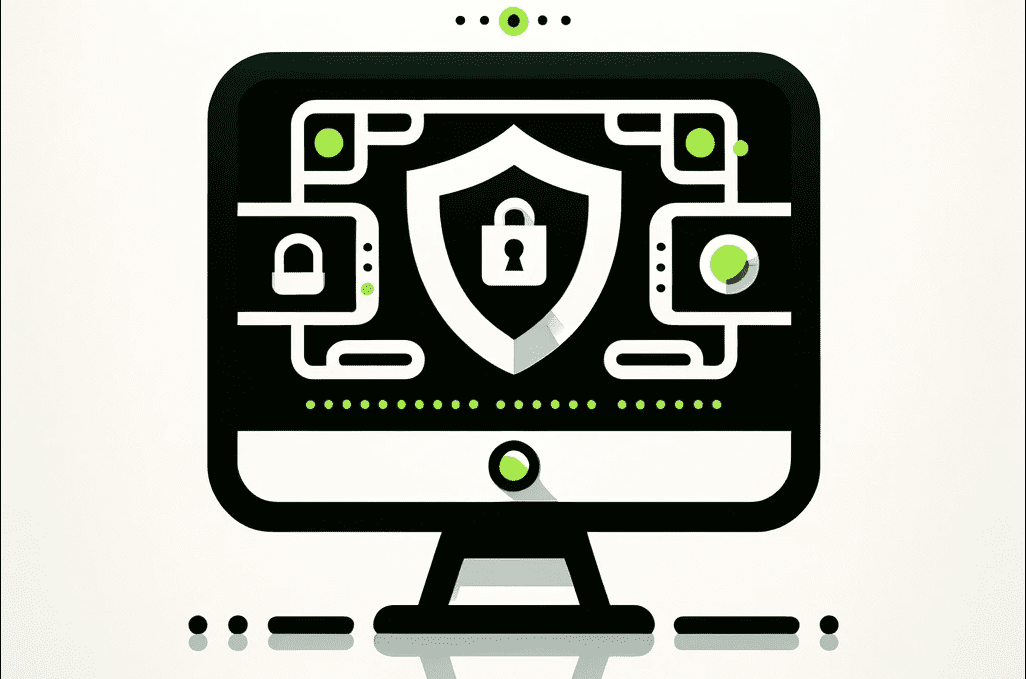What is a Vulnerability Scan?
What is a vulnerability scan? How does it differ from a Contact us? What are the benefits of a vulnerability scan? How often should you conduct a vulnerability scan? This article answers all these questions! What is a vulnerability scan? A vulnerability scan is essentially an automated process to identify potential security risks associated with […]


